Sometimes, reading a lot of publications' commentary on guns is enough to make one feel like they're living in the Twilight Zone. How is it that you can see some things so plainly that other people reject out of hand and act as if only a complete moron would believe such things?
And this comes from publications that were long held in high esteem, with names that might suggest that if there's a bias, it leans in the other direction. This just adds to the gaslighting, if we're being honest.
The Economist is one that, when I first noticed their bias, kind of surprised me. I don't know why, of course, but it still did. It probably had something to do with with not overly caring what British publications thought about American laws but somehow assuming a magazine on economics would see reality.
But alas, the publication is vehemently anti-gun.
And I'm far from the only one who has noticed, and at least one economically-focused publication, The Liberty Fund's Econlib.
I mentioned in a previous post that The Economist appears to lose all rationality when one specific topic is broached. The writer of the magazine’s April 20 newsletter “The World in Brief” gave another illustration in the section “The Day Ahead”: he could not mention the 25th anniversary of the horrible Columbine school massacre without doing the rhetorical equivalent of a child hiding behind the couch to stop watching a horror movie—which is the horror of guns in the hands of peaceful citizens:
Gun-rights supporters often say, nonsensically, that the only way to stop a bad guy with a gun is a good guy with a gun.
It is not the only way, but often the most efficient. This is why cops are armed (more and more apparently even in the UK) and why mass murderers never attack shooting ranges or gun club meetings. It is a simple matter of incentives. Even if you want to die while killing people, you still want to do the killing. The efficiency of guns against violent criminals comes not only from their deterrent effects but also from their usefulness in self-defense when deterrence has not worked perfectly.
The author also points out that this "nonsensical" idea that a good guy with a gun can stop a bad guy with a gun has actually happened more than once.
Now, if the Economist's author thought the claim that it's the only way was nonsensical, he might have a point.
However, I'll also point out that while I know of at least one mass shooting stopped because someone hugged the attacker, it would be idiotic to assume that would work in even a sizeable minority of such incidents, much less in the majority.
What we know will work in nearly every case are armed good guys there and ready to meet the threat. Aggressively and with as much hostility as a human being can muster.
While I tend to favor an approach to mass murder where we try to identify the kinds of people likely to break in this particular way and get them treatment before it gets to this point, the moment they decide to murder innocent people, the only rational response is to end the threat.
The Economist got taken to task for their anti-gun nonsense, and it needs to happen so much more often.
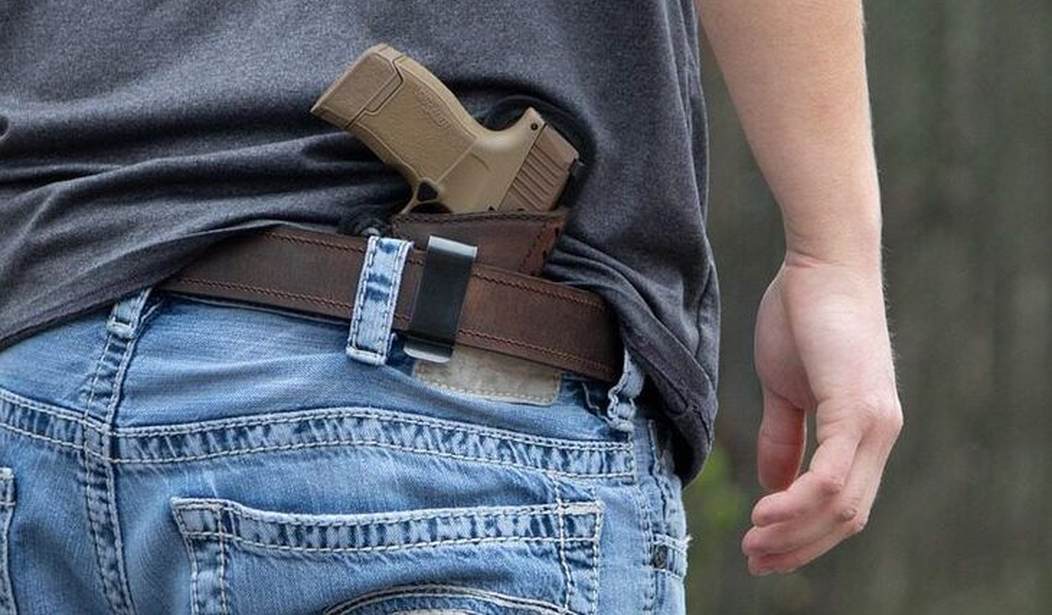

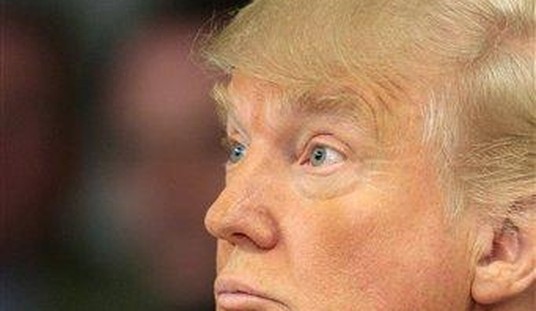
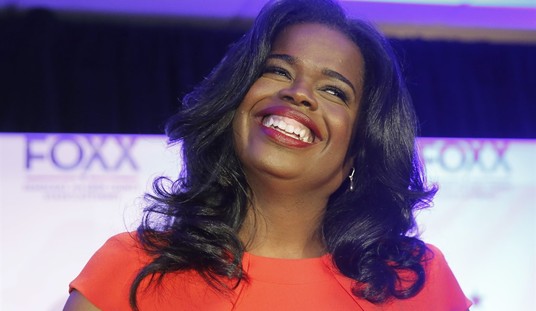
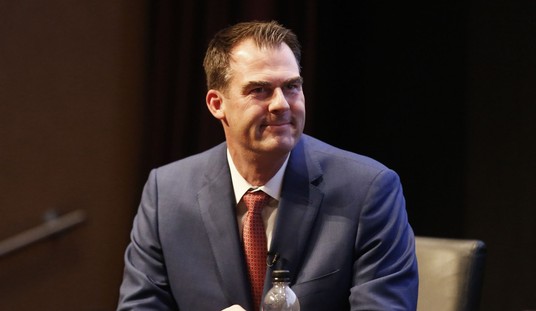

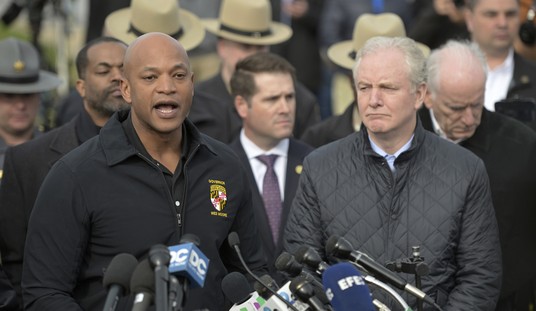

Join the conversation as a VIP Member